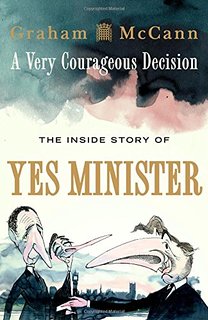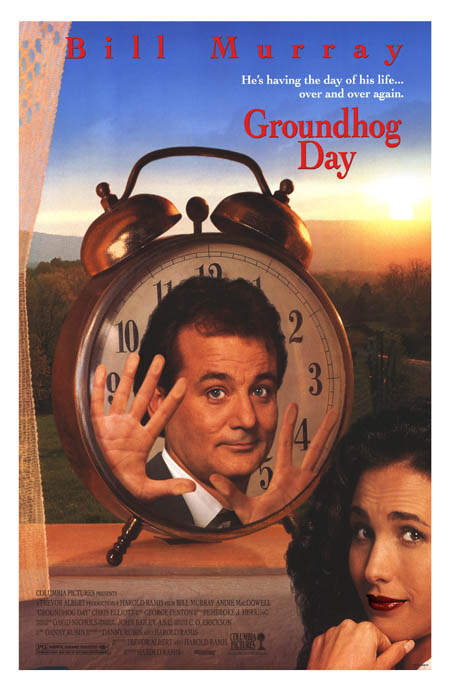Investing in a Business

Investing in a Business
One of the ways that Government attempts to create jobs is to encourage and stimulate small businesses, start-ups or recently started businesses. The Prime Minister wants these to scale up, not simply start up. So as a regular investor (which in my world we call a retail investor) there are various ways that you are incentivized to be part of this wealth creation.
Tax effective incentives
Venture Capital Trusts, Enterprise Investment Schemes, Small Enterprise Investment Schemes are all such investment structures designed to encourage you (with tax incentives) to invest into new businesses. Generally, though not always the case, these would be businesses looking for money, to which traditional banks don’t, can’t or won’t lend. Since the credit crunch, despite the Government pouring billions into the system, most lending to small businesses has not increased. Indeed any chart on the topic would suggest that Banks are positively less than helpful.

A Different Approach
As we approach the end of the tax year, various specialist companies will produce offers for these tax efficient investments. The rules for them are fairly complex, primarily because they (the rules) seem to get changed each year. It would certainly be true to say that the degree of investment risk is generally much higher than say investing into most normal investment funds that track an index. As with most things, there are good and not so good and some downright awful. Despite being 3 or 5 year investments, in reality they are long-term investments, where the positive rewards may take some years to bear fruit, and as with almost every business, extracting money from them requires a carefully considered exit strategy and ideally several potential buyers.
The company you keep
In the latest Trainspotting film, (T2, which is a return to Edinburgh and the characters from 20 years ago) two of the characters (Renton and Simon) decide to have a proper go at running a “business”. Despite being “creative thinkers” and possessing “the gift of the gab” rather more is required to run a successful business. Sadly, their skill set and personal focus do not lend themselves to a successful outcome. Some investors could be forgiven for thinking that the degree of risk being taken is similar to that of investing into non-mainstream investments. However the only thing in common is the capability of the management of the business. Good managers can turn a bad business around, but equally a good business can be ruined by bad management. We all know that there are some very unsavory characters in business, some even cross-over into politics. Trainspotting has a particularly nasty character. As is always the case, people are key. In this form of investing, it is certainly the case that a good business plan requires a good management team to implement it.
Choose wisely
So (and here is where you imagine Ewan McGregor reading this) if you think that you might want to choose to invest in small businesses, choose to create jobs, choose wealth creation, choose something a bit different, choose a dose of tax relief, perhaps you should be thinking about choosing to invest into an EIS, SEIS or VCT. As with T2 it won’t be everyone’s cup of tea, (or drug of choice). Generally, you’ll need a minimum of £25,000 to invest. This is for those that do want to choose some of the companies that will make a mark on the next 20 years. Those that are comfortable with the risk. Those that are choosing to invest for the long-term and have a clear idea of what they are getting into. Then investing in businesses can provide a rewarding experience. But choose wisely. Here is the trailer for T2: Trainspotting.
Dominic Thomas
Solomons IFA
You can read more articles about Pensions, Wealth Management, Retirement, Investments, Financial Planning and Estate Planning on my blog which gets updated every week. If you would like to talk to me about your personal wealth planning and how we can make you stay wealthier for longer then please get in touch by calling 08000 736 273 or email info@solomonsifa.co.uk







